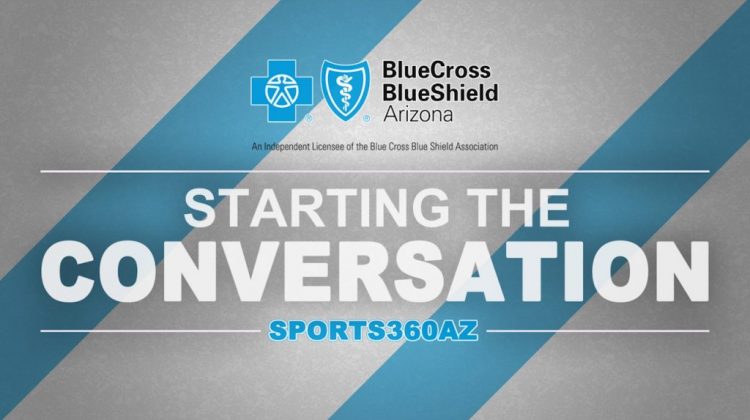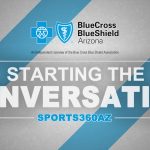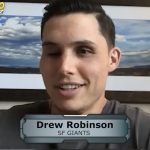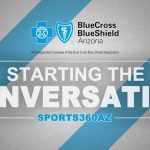Darryl Clack loves football. He played in college and at the professional level. The amount of adversity one goes through to get to the National Football league is something only those few selected can know, but for Darryl, the adversity didn’t stop even after he was done playing the game he loves so much.
Darryl Clack is a former ASU Sun Devil and also a former Dallas Cowboy. He attended ASU from 1982 to 1986. In his first year, Clack became the first freshman in 30 years to lead the Sun Devils in rushing. His senior season, however, was cut short due to a broken leg. From ASU, he went on to be drafted by the Dallas Cowboys in the second round of the 1986 NFL Draft. Clack then went to play for the Browns in 1990 and then to the Canadian Football League shortly after.
Clack put the cleats away and decided to go back to school after football. Since then, he has written a book, ” Hear My Story Before I Forget.” You see, Mr. Clack was diagnosed with a rare blood disorder when he was in his first year of working towards a Ph.D. This rare disorder is called Thrombotic thrombocytopenic purpura (TTP). The former NFL athlete is currently being treated for this condition, but that is not all. He has also been diagnosed with early signs of dementia, so on top of the concussions, on top of the depression he has gone through, he also is dealing with the blood disease. There was a point in his life where he was in a coma due to the disorder. So, mentally overcoming what football did to his brain and then having to relearn how to walk and talk due to the blood disorder has been nothing short of amazing. The former Devil wrote this book to help cope with his concussions from years of playing football, PTSD, and depression. In his book, he journals the hard and dark months of uncertainty he endured after discovering his traumatic illness.
Clack is hoping that his book helps other athletes, sports fans, parents, or anyone suffering from a brain injury or life-threatening illness understand the disease and the symptoms.
For Clack, the symptoms started as forgetting things like where his keys were and whatnot. For some, it is easy to say, “oh, I’m just getting older, and my memory is fading,” but for Clack and his wife, they knew it was something more profound, so they sought help, and he has been on a healing journey ever since.
Mental health is just as important as physical health. Our society needs to get to a place where we work out our minds as much as we do our bodies. That we learn that what we put into our bodies doesn’t just affect if we gain or lose weight, but also it affects our brain. Alcohol, drugs, poor thoughts, all of these examples hurt the brain. It causes holes in the brain, and this can lead to depression and much worse. So, we need to get to a place, like I said, where we prioritize what we are doing and feeding our brain is just as important as physical health.
The former NFL player is also going around to young football players nowadays and showing them how to tackle to protect their brains, “Back in my day we used our head a lot. A lot of our tackles and hits were head to head. We are now trying to teach kids not to use their heads. Keep their head out of it,” Clack told Sports360AZ.
Proper technique is key to helping football players protect their brains. That is just a small step in helping protect them from head-on collisions in the sport.
Healing from dementia, according to Clack, is this, “first take care of yourself. You have to exercise the brain. Crossword puzzles. Things that will make your brain work. When you do that and are consistent with it, it slows the part down of getting Alzheimer’s. What I did, I wrote a book. By doing this, it really exercised my brain.”
The former football player turned author is open about his story. Because he wants to break the stigma around mental health, he wants others to see it as a sign of strength to get help. He wants others to see him leap so they knew they can too leap and get help, “It’s an illness. It’s an illness we have to be aware of. The key is to get help. It’s a matter of talking about it. I saw a therapist to talk things out. There are things you have to do and acknowledge, and you have to understand and educate yourself that yes, I have this illness, but here are these resources to help us get better. Everyone gets an illness.”




